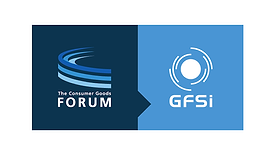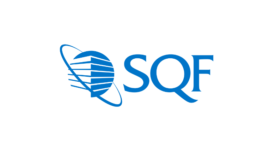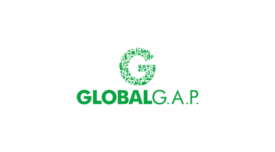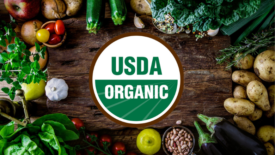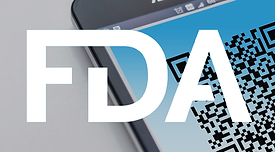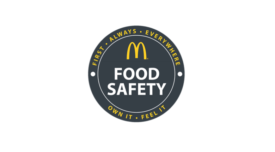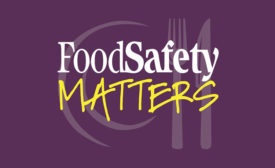Audits/Certification/GFSI
BIZTRACKS
GFSI Seeking Applicants for Benchmarking and Harmonization Working Group
January 24, 2024
Rings of Defense: Justifying and Negotiating Food Safety Actions to Regulators
In the stress of an inspection where a noncompliance is found, it is important to consider all avenues for corrective actions
October 9, 2023
Never miss the latest news and trends driving the food safety industry
eNewsletter | Website | eMagazine
JOIN TODAY!Copyright ©2025. All Rights Reserved BNP Media.
Design, CMS, Hosting & Web Development :: ePublishing


